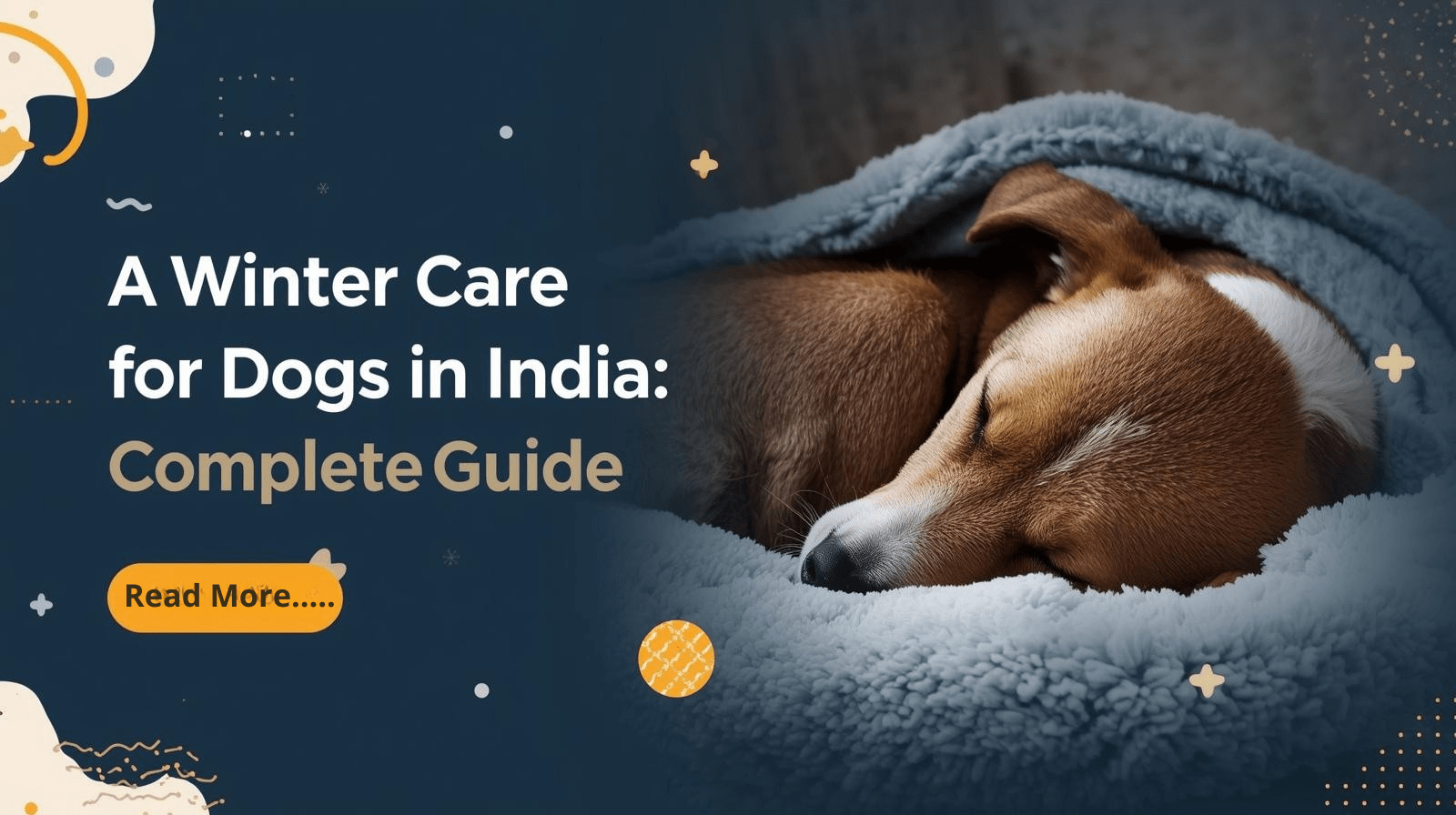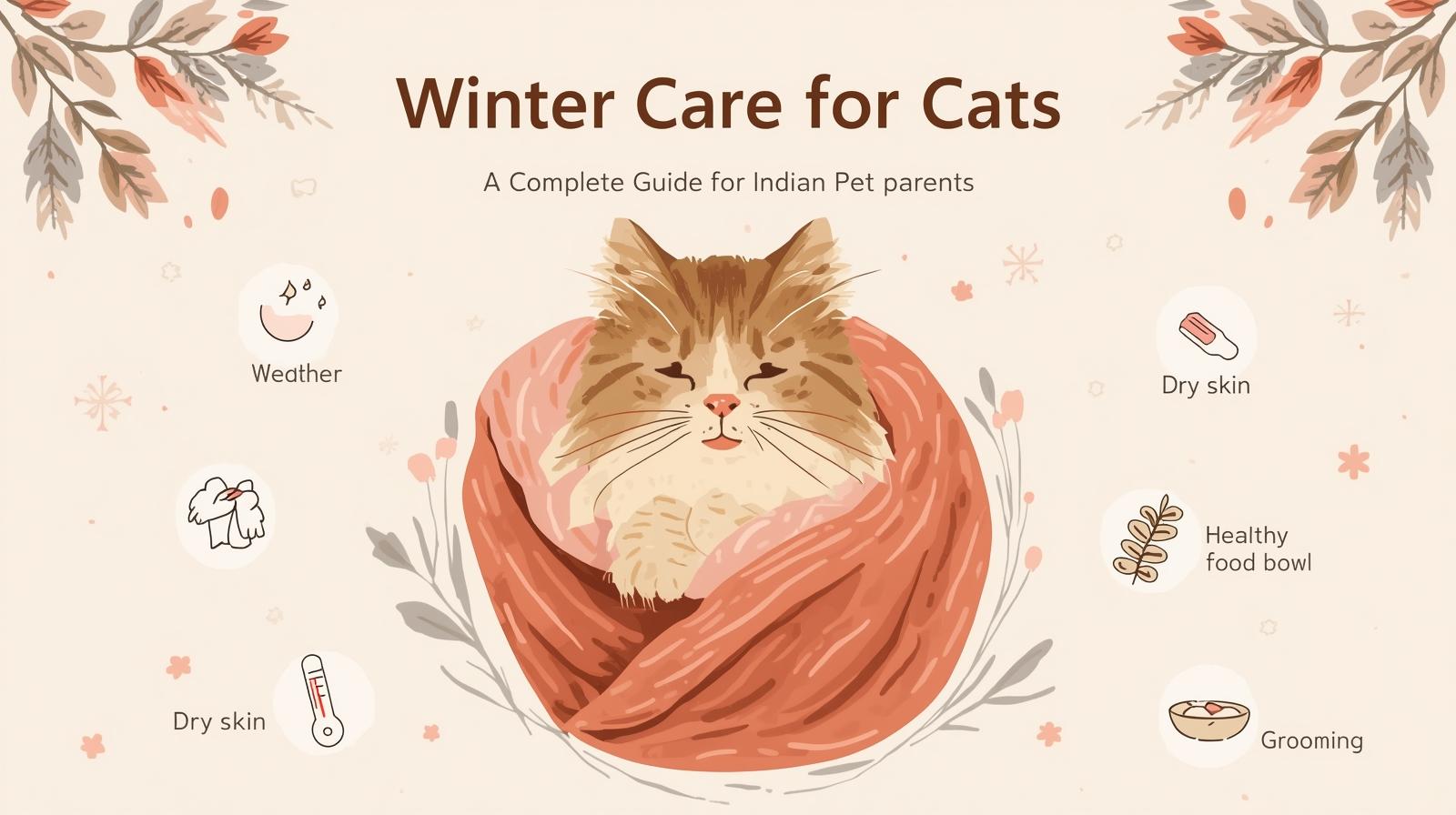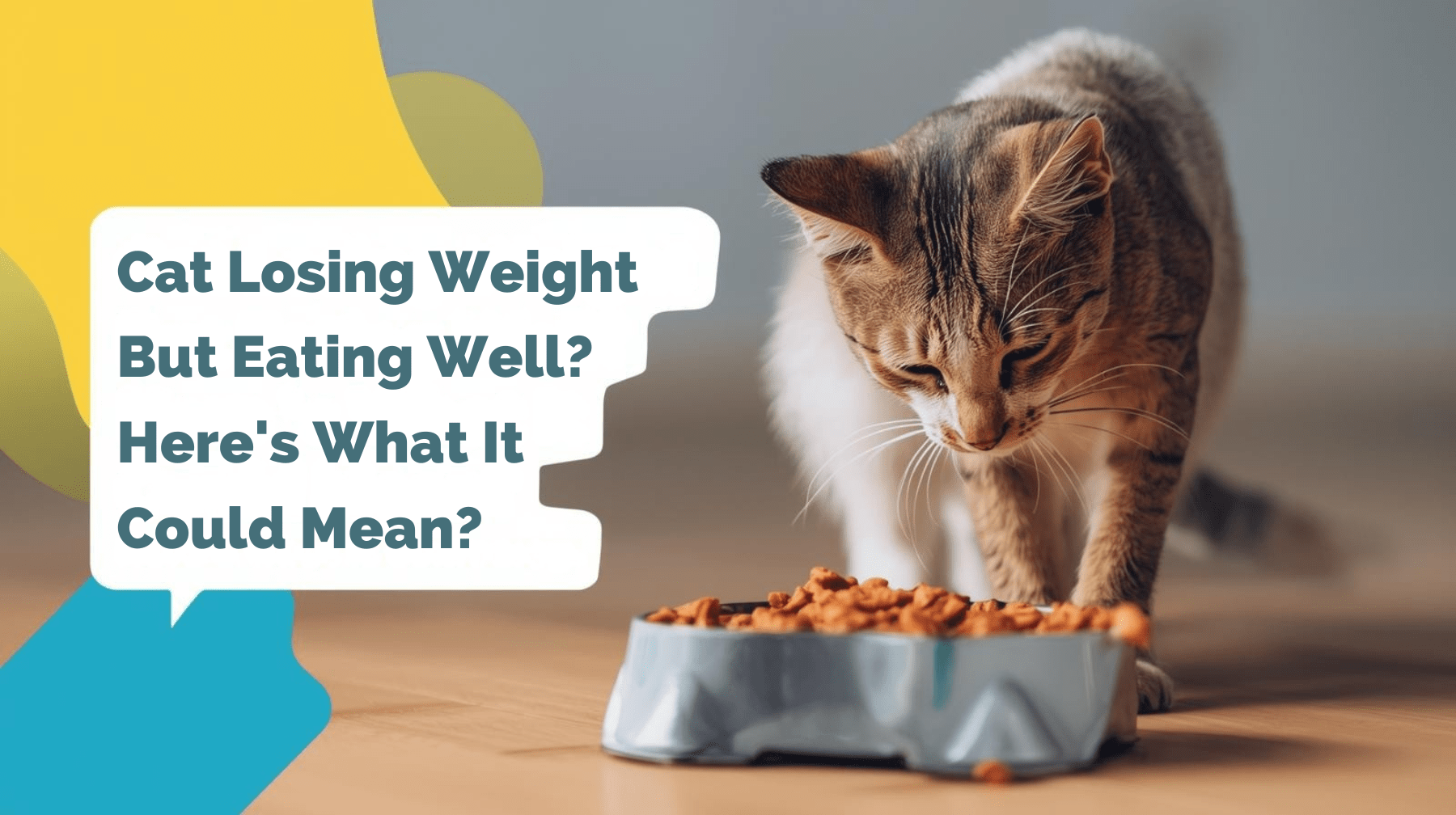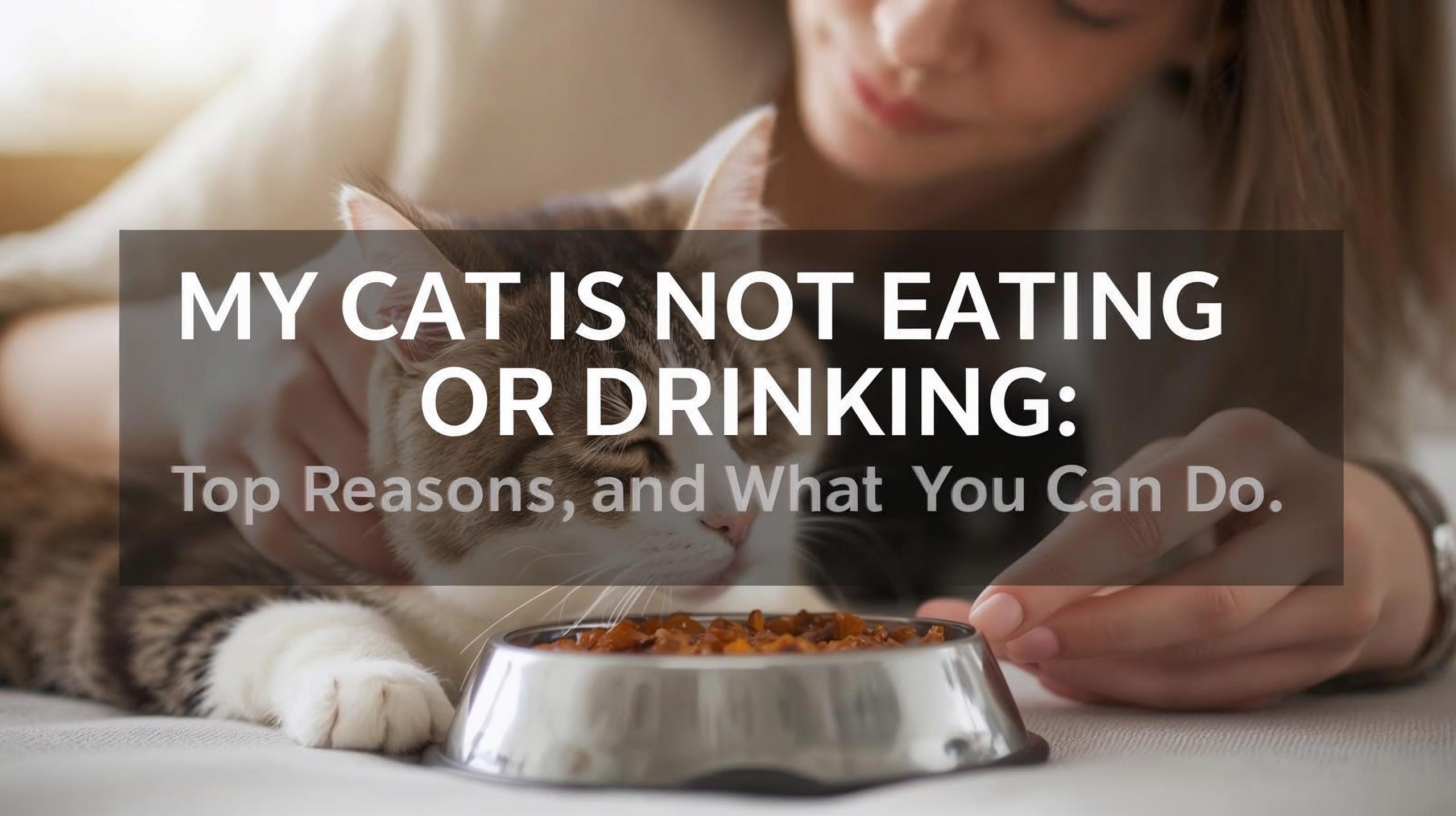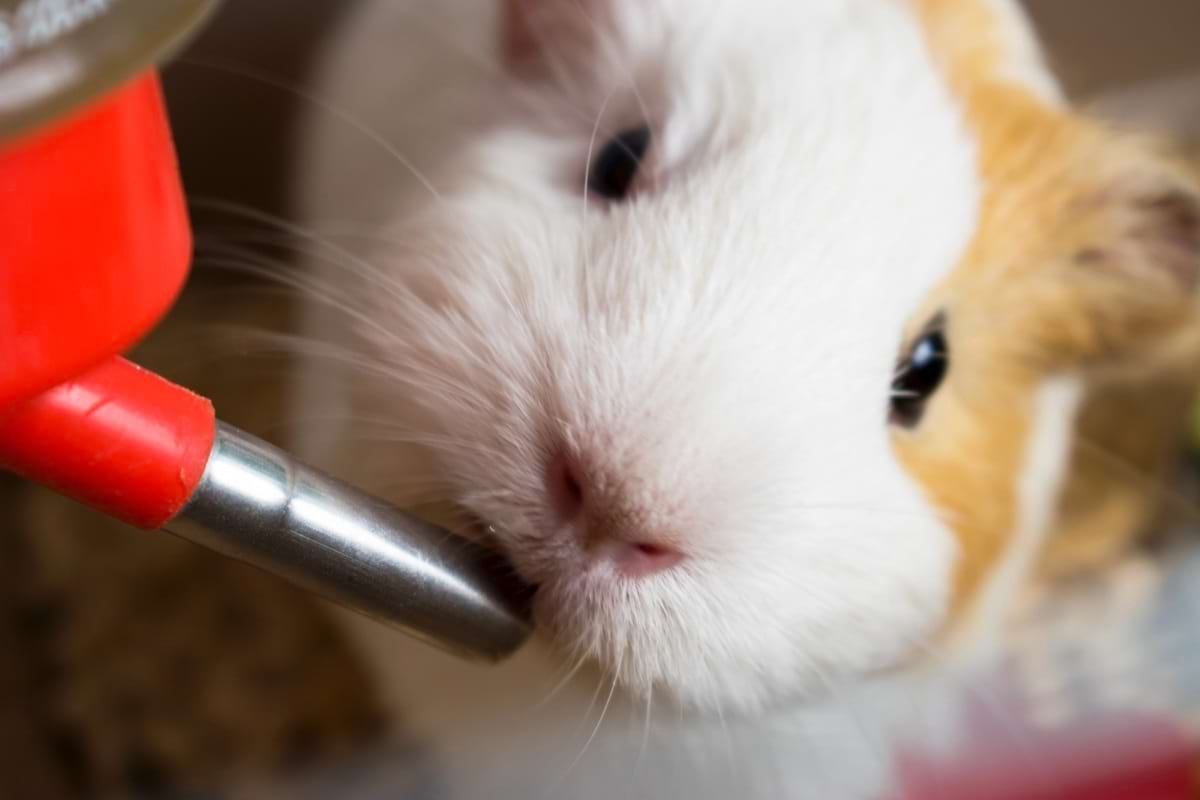Guinea Pig Not Eating? 8 Causes & Emergency Care 2025
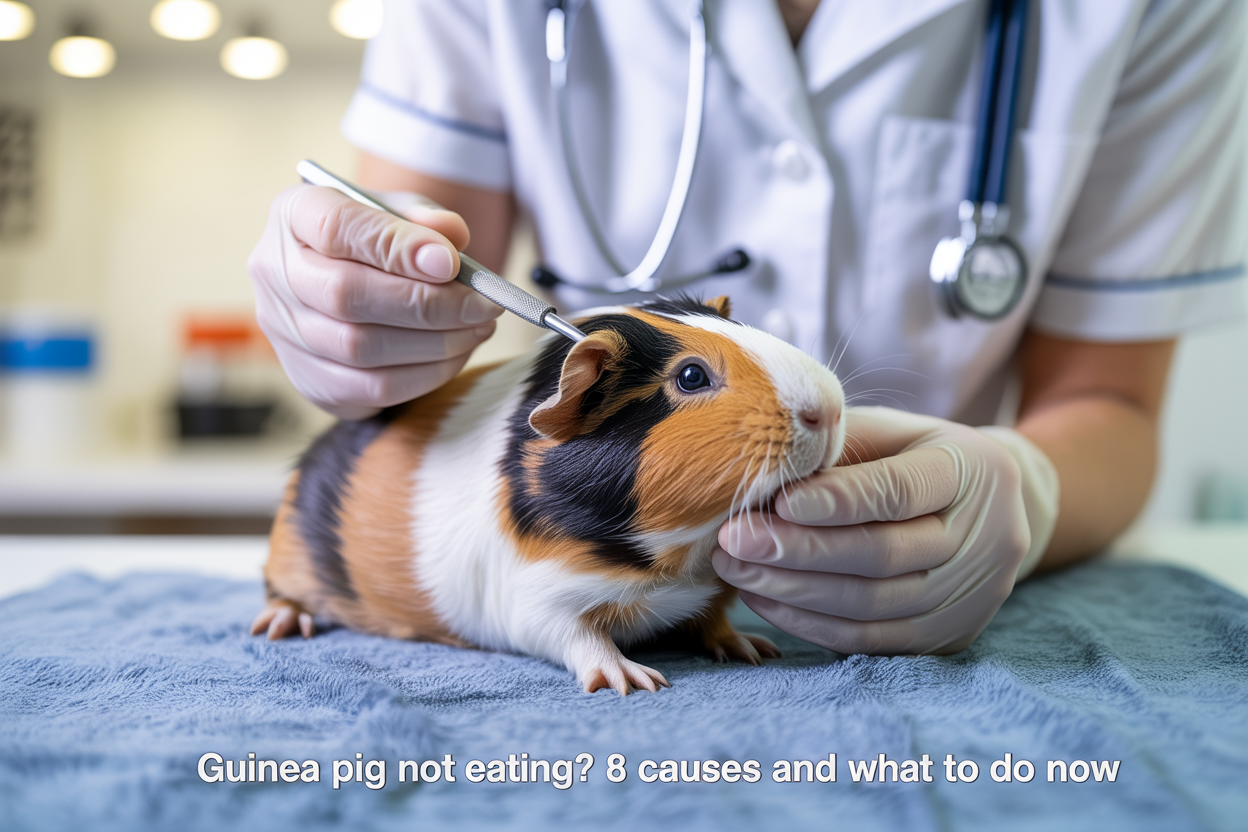
Guinea pig not eating is a medical emergency requiring immediate attention. Common guinea pig appetite loss causes include dental problems, gastrointestinal stasis, respiratory infections, pain from illness or injury, stress, improper diet, environmental changes, and underlying diseases. Guinea pigs can develop life-threatening conditions within 12-24 hours without food. If your guinea pig won’t eat hay or pellets for more than 6-12 hours, or shows guinea pig emergency symptoms like lethargy or labored breathing, seek exotic veterinary care immediately.
Why Guinea Pig Appetite Loss Is a Critical Emergency
Unlike many pets that can safely skip meals, guinea pigs have unique digestive systems requiring constant food intake. Understanding why a guinea pig not eating constitutes an emergency helps you respond appropriately and quickly.
Guinea pigs have continuously growing teeth and sensitive digestive tracts designed for constant grazing. When guinea pigs stop eating, their gut motility slows dramatically, leading to gastrointestinal stasis—a potentially fatal condition where the digestive system stops functioning. Without food for 12-24 hours, guinea pigs develop serious complications including hepatic lipidosis, dehydration, and dangerous blood sugar drops.
Immediate Actions Required:
When you notice your guinea pig not eating pellets, hay, or vegetables, check for other guinea pig emergency symptoms including lethargy, hunched posture, grinding teeth, reduced droppings, or labored breathing. Contact an exotic veterinarian within 6-12 hours of appetite loss. Begin critical care feeding if your vet advises while arranging transport. Learning how to feed sick guinea pig using syringe feeding techniques can sustain your guinea pig until professional treatment begins.
Cause 1: Dental Problems – Leading Cause of Appetite Loss
Dental issues rank as the most common reason for guinea pig not eating hay and pellets. Guinea pig dental problems develop because their teeth grow continuously—approximately 2-3mm per week. Without proper wear from chewing hay, teeth become overgrown, misaligned, or develop painful spurs.
Common Dental Issues:
Malocclusion occurs when teeth don’t align properly, preventing normal chewing. Guinea pigs may pick up food and drop it, prefer soft foods over hay, or drool excessively. Overgrown teeth make eating difficult, while tooth spurs—sharp points on molars—cut into cheeks or tongue. Tooth root abscesses cause severe pain and facial swelling.
Signs of Guinea Pig Dental Problems:
A guinea pig won’t eat hay specifically when dental issues prevent chewing fibrous material. Other signs include selective eating, drooling or wet chin, weight loss despite food interest, pawing at mouth, grinding teeth, and dropping food while eating.
Treatment and Prevention:
Guinea pig dental problems require professional treatment. Veterinarians examine molars using specialized equipment and perform dental trimming under anesthesia. Learning how to feed sick guinea pig during recovery is essential—offer softened pellets, finely chopped vegetables, and critical care formula until normal chewing resumes.
Prevent dental problems by providing unlimited timothy hay daily, offering appropriate chew toys, avoiding sugary treats, and scheduling annual exotic vet dental examinations.
Cause 2: Gastrointestinal Stasis (GI Stasis)
Gastrointestinal stasis ranks among the most serious guinea pig appetite loss causes. This condition occurs when the digestive system slows or stops, causing gas buildup, pain, and potential death without intervention. Lack of eating causes GI stasis, which further reduces appetite—creating a dangerous cycle.
What Causes GI Stasis:
Primary triggers include insufficient hay intake (guinea pig won’t eat hay leads to reduced gut motility), dehydration, stress, pain from other conditions, inappropriate diet lacking fiber, and underlying illnesses.
Recognizing GI Stasis:
Guinea pig emergency symptoms include complete appetite loss, reduced or absent droppings (normally produce 100+ daily), small hard droppings, hunched posture indicating pain, lethargy, bloated abdomen, and teeth grinding from discomfort.
Emergency Treatment:
GI stasis requires immediate exotic veterinary care. Treatment includes fluid therapy, pain medications, gut motility drugs, gentle abdominal massage, and critical care feeding. Learning how to feed sick guinea pig with critical care formula is essential during recovery. Veterinarians provide detailed syringe feeding instructions including proper preparation, feeding frequency (typically every 2-4 hours), and techniques to prevent aspiration.
Prevention:
Prevent GI stasis by ensuring unlimited timothy hay access 24/7, providing fresh water constantly, offering appropriate daily vegetables (1 cup per guinea pig), maintaining consistent routines, and scheduling regular vet checkups.
Cause 3: Respiratory Infections
Respiratory infections frequently cause guinea pig not eating pellets and hay because breathing difficulties suppress appetite. Guinea pigs are highly susceptible to respiratory infections from bacteria, viruses, or environmental factors.
Upper respiratory infections affect nose, sinuses, and throat causing sneezing, nasal discharge, eye discharge, difficulty breathing, and reduced appetite. Pneumonia—severe lung infection—causes rapid or labored breathing, lethargy, loss of appetite, weight loss, and clicking sounds while breathing.
Recognizing Respiratory Guinea Pig Emergency Symptoms:
Immediate veterinary care is required for labored or open-mouth breathing, blue-tinged nose or lips, complete appetite loss lasting 6+ hours, extreme lethargy, crackling sounds when breathing, or thick colored discharge.
Treatment:
Veterinarians diagnose through examination and sometimes x-rays. Treatment includes appropriate antibiotics (guinea pigs require specific safe antibiotics), nebulization therapy, supplemental oxygen for severe cases, and supportive care including assisted feeding. Understanding how to feed sick guinea pig during respiratory illness is crucial since many refuse food.
Prevention:
Prevent respiratory infections by maintaining proper cage temperature, avoiding drafts, cleaning cages thoroughly weekly, using dust-free bedding (paper-based or fleece), minimizing stress, and isolating new guinea pigs for 2-3 weeks before introduction.
Cause 4: Pain from Illness or Injury
Pain is a significant guinea pig appetite loss cause because discomfort overrides hunger. Urinary tract infections and bladder stones cause painful urination, blood in urine, crying when urinating, hunched posture, and appetite loss. Arthritis in older guinea pigs causes reluctance to move to food bowls and gradual appetite decline. Injuries from falls or aggressive cage mates cause localized pain and appetite loss proportional to severity.
Identifying Pain:
Guinea pigs hide pain instinctively. Pain indicators include teeth grinding, hunched posture, reluctance to move, reduced grooming, squealing when touched, half-closed eyes, and loss of appetite.
Emergency Response:
Any guinea pig emergency symptoms combined with suspected pain require immediate veterinary assessment. Veterinarians provide appropriate pain relief medications including meloxicam, buprenorphine, and gabapentin. Pain management often restores appetite quickly, though treating underlying causes remains essential.
Cause 5: Stress and Environmental Changes
Stress significantly impacts guinea pig appetite. Environmental changes like moving to new homes, cage relocation, or rearranged surroundings cause stress. A guinea pig not eating after these changes may need adjustment time.
Social stress from improper pairing, bullying at food sources, recent loss of bonded companion, or solitary housing suppresses appetite. Loud noises, excessive handling, or predator animal presence cause chronic stress reducing appetite.
Stress-Related Eating Patterns:
Stressed guinea pigs may show selective eating (guinea pig won’t eat hay but accepts favorite vegetables), reduced overall intake, eating only when environment is quiet, or sudden appetite loss following stressful events.
Distinguishing Stress from Illness:
Stress-related appetite reduction shows gradual onset after identifiable changes, guinea pig remains alert, no other guinea pig emergency symptoms present, and appetite improves when stressor is removed. However, if a guinea pig refuses food for more than 12 hours even from apparent stress, veterinary evaluation rules out concurrent health problems.
Reducing Stress:
Minimize environmental changes, maintain consistent routines, keep cages in quiet areas, provide adequate space (minimum 7.5 square feet for one guinea pig), ensure proper social grouping, offer multiple hiding spots, and handle gently.
Cause 6: Improper Diet and Sudden Food Changes
Diet-related issues frequently explain why guinea pig not eating pellets or specific foods occurs. Guinea pigs require unlimited timothy hay (75-80% of diet), high-quality timothy-based pellets (1/8 cup daily), fresh vegetables (1 cup daily), and vitamin C supplementation.
Common Diet Problems:
When guinea pig won’t eat hay, serious problems develop. Poor quality pellets (old, stale, inappropriate seed mixes) cause refusal. Sudden diet changes cause digestive upset and appetite loss. Inappropriate foods cause digestive problems leading to appetite loss.
Selective Eating Patterns:
A guinea pig not eating pellets but eating vegetables may have learned to manipulate for preferred foods. Conversely, guinea pig won’t eat hay but accepts pellets indicates serious concern since hay provides crucial fiber for dental and digestive health.
Correcting Diet Issues:
Gradually transition between foods over 7-10 days. Ensure hay is fresh, green, and fragrant. Offer variety within safe food categories. Limit pellets to recommended amounts. If diet correction doesn’t restore appetite within 24 hours, veterinary assessment is essential.
Cause 7: Underlying Diseases
Various serious diseases cause guinea pig appetite loss causes requiring professional diagnosis. Ovarian cysts (affect up to 75% of females over 18 months) cause gradual weight loss, abdominal distension, hair loss, and eventual appetite loss. Kidney disease causes increased drinking, weight loss, decreased appetite, and lethargy. Heart disease causes reduced activity, difficulty breathing, and decreased appetite. Cancer and vitamin C deficiency (scurvy) also cause appetite loss.
Recognizing Serious Illness:
Guinea pig emergency symptoms suggesting serious disease include dramatic weight loss, chronic appetite reduction over days, lethargy, breathing difficulties, abnormal lumps, and blood in urine or droppings. Early diagnosis dramatically improves treatment outcomes.
Cause 8: Medication Side Effects
Sometimes guinea pig not eating pellets results from medication side effects or recovery from illness or surgery. Certain antibiotics cause digestive upset. Post-surgical guinea pigs show temporary appetite loss from anesthesia effects, surgical pain, or stress.
Veterinarians typically prescribe gut motility drugs, appetite stimulants, pain management, and detailed instructions for critical care feeding. Never discontinue medications without veterinary guidance—contact your vet if guinea pig refuses food completely.
How to Help Your Guinea Pig Start Eating
When dealing with guinea pig not eating, immediate supportive care while arranging veterinary assessment can be life-saving. Offer highly palatable foods including cilantro, parsley, bell peppers, and cucumber. Ensure food is fresh and appealing. Try hand-feeding preferred foods.
Critical Care Feeding:
If your guinea pig refuses food for 6+ hours, critical care feeding becomes essential. Use Oxbow Critical Care for Herbivores mixed to pudding-like consistency.
Syringe Feeding Technique:
Learning how to feed sick guinea pig properly prevents aspiration. Position guinea pig upright, never on back. Use 1-3ml syringes without needles. Place syringe tip at side of mouth toward back molars. Dispense 0.1-0.2ml slowly, allowing swallowing between doses. Feed 10-20ml per kilogram body weight every 2-4 hours. Never force feed rapidly.
Offer water via syringe if guinea pig won’t drink independently—provide 50-100ml daily. If guinea pig cannot swallow or shows respiratory distress, seek immediate emergency care.
When to Seek Emergency Veterinary Care
Understanding when guinea pig emergency symptoms require immediate intervention can save your guinea pig’s life.
Seek Immediate Care For:
Complete appetite loss for 12+ hours, no droppings for 12+ hours, labored breathing or blue-tinged coloring, suspected guinea pig dental problems with facial swelling, grinding teeth indicating pain, complete lethargy, seizures or loss of coordination, visible injuries or bleeding, bloated hard abdomen, paralysis, or severe rapid weight loss.
Finding Exotic Veterinarians:
Guinea pigs require exotic vets—not all veterinarians treat them. Locate exotic vets BEFORE emergencies by searching “exotic veterinarian near me” or checking Association of Exotic Mammal Veterinarians at aemv.org.
Prevention: Keeping Guinea Pigs Healthy
Preventing guinea pig appetite loss causes through excellent care reduces emergencies dramatically. Provide unlimited fresh timothy hay 24/7, offer 1/8 cup timothy-based pellets daily, provide 1 cup fresh vegetables daily, supplement vitamin C (10-50mg daily), and ensure constant fresh water access.
Maintain proper housing (minimum 7.5 square feet for one guinea pig), keep temperature 65-75°F, use safe bedding, and clean cages weekly. Weigh guinea pigs weekly—weight loss of 50-100g indicates problems. Monitor droppings daily, observe eating patterns, and schedule annual exotic vet wellness exams including dental evaluations.
FAQ: Common Questions About Guinea Pigs Not Eating
How long can guinea pigs go without eating?
Guinea pigs should never go without eating. After 12-24 hours without food, they develop dangerous gastrointestinal stasis, potentially fatal within 24-48 hours. If your guinea pig refuses food for 6-12 hours, contact exotic vets immediately and begin critical care feeding as directed.
Why does my guinea pig not eating hay but eating vegetables?
When guinea pig won’t eat hay specifically, causes include dental problems making chewing difficult, poor hay quality, learned selective eating, or pain while chewing. Hay comprises 75-80% of proper diet and is essential for dental and digestive health. If guinea pig refuses hay for 12+ hours, seek veterinary assessment for guinea pig dental problems.
What are the most serious guinea pig emergency symptoms?
Critical guinea pig emergency symptoms include complete appetite loss for 12+ hours with no droppings, labored breathing, grinding teeth with hunched posture, bloated hard abdomen suggesting GI stasis, lethargy or inability to move, visible facial swelling suggesting guinea pig dental problems, blood in urine or droppings, or sudden dramatic weight loss.
How do I know if my guinea pig has dental problems?
Guinea pig dental problems show through guinea pig won’t eat hay but may accept softer foods, dropping food while eating, drooling, weight loss despite food interest, pawing at mouth, visible overgrown front incisors, difficulty chewing, and preferring one side of mouth. Molars require veterinary examination. Any suspected dental issues need immediate exotic vet evaluation.
How do I feed sick guinea pig who refuses to eat?
Learning how to feed sick guinea pig requires proper technique. Use Oxbow Critical Care mixed to pudding consistency. Position guinea pig upright. Use 1-3ml syringe, placing tip at side of mouth toward back molars. Dispense 0.1-0.2ml slowly, allowing swallowing. Feed 10-20ml per kilogram body weight every 2-4 hours. Never force feed rapidly. If unable to swallow or showing respiratory distress, seek emergency care.
Conclusion: Taking Action When Guinea Pigs Stop Eating
Guinea pig not eating demands immediate action because appetite loss constitutes a medical emergency. Understanding the eight guinea pig appetite loss causes—dental problems, gastrointestinal stasis, respiratory infections, pain, stress, improper diet, underlying diseases, and medication effects—empowers you to recognize symptoms and respond appropriately.
When guinea pig won’t eat hay, refuses pellets, or shows complete appetite loss with guinea pig emergency symptoms like reduced droppings or lethargy, seek exotic veterinary care within 6-12 hours. Learning how to feed sick guinea pig through proper critical care techniques provides life-saving support while arranging veterinary care.
Prevention through excellent nutrition (unlimited timothy hay, appropriate pellets, fresh vegetables, vitamin C), proper housing, regular health monitoring, and annual exotic vet examinations dramatically reduces appetite loss incidents. Your guinea pig depends entirely on you for care, nutrition, and medical attention.
Important Disclaimers
Health and Medical Information: All information in this page is based on publicly available veterinary data at time of publication. Medical conditions and treatments vary based on individual circumstances. We strongly recommend consulting licensed exotic veterinarians before making health decisions for your pet.
Professional Guidance: This content is for informational purposes only and does not constitute professional veterinary advice. Consult qualified exotic veterinarians specializing in small animal care before implementing emergency interventions. This page does not replace professional veterinary examination.
Critical Care Feeding: Syringe feeding instructions are for emergency situations while arranging veterinary care. Improper technique can cause aspiration pneumonia. Always seek professional guidance from exotic veterinarians.
Individual Variations: Individual guinea pigs may vary based on genetics, health status, age, and history. Symptoms described represent common characteristics but don’t guarantee specific outcomes.
No Warranty: We make no warranties about completeness or reliability of information presented. Veterinary medicine evolves continuously—conduct your own research and consult professionals before making pet care decisions.
Professional Consultation: For specific questions about appetite loss, emergency assessment, or treatment options, consult licensed exotic veterinarians who can provide advice tailored to your guinea pig’s individual needs.
Information reflects available veterinary data at time of publication. Verify current protocols and guidance with qualified exotic veterinarians, as best practices may evolve.

